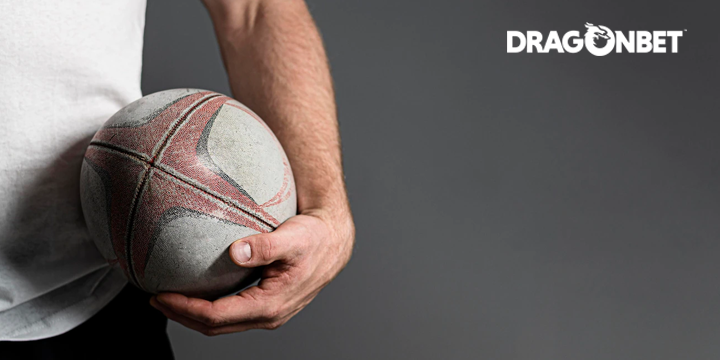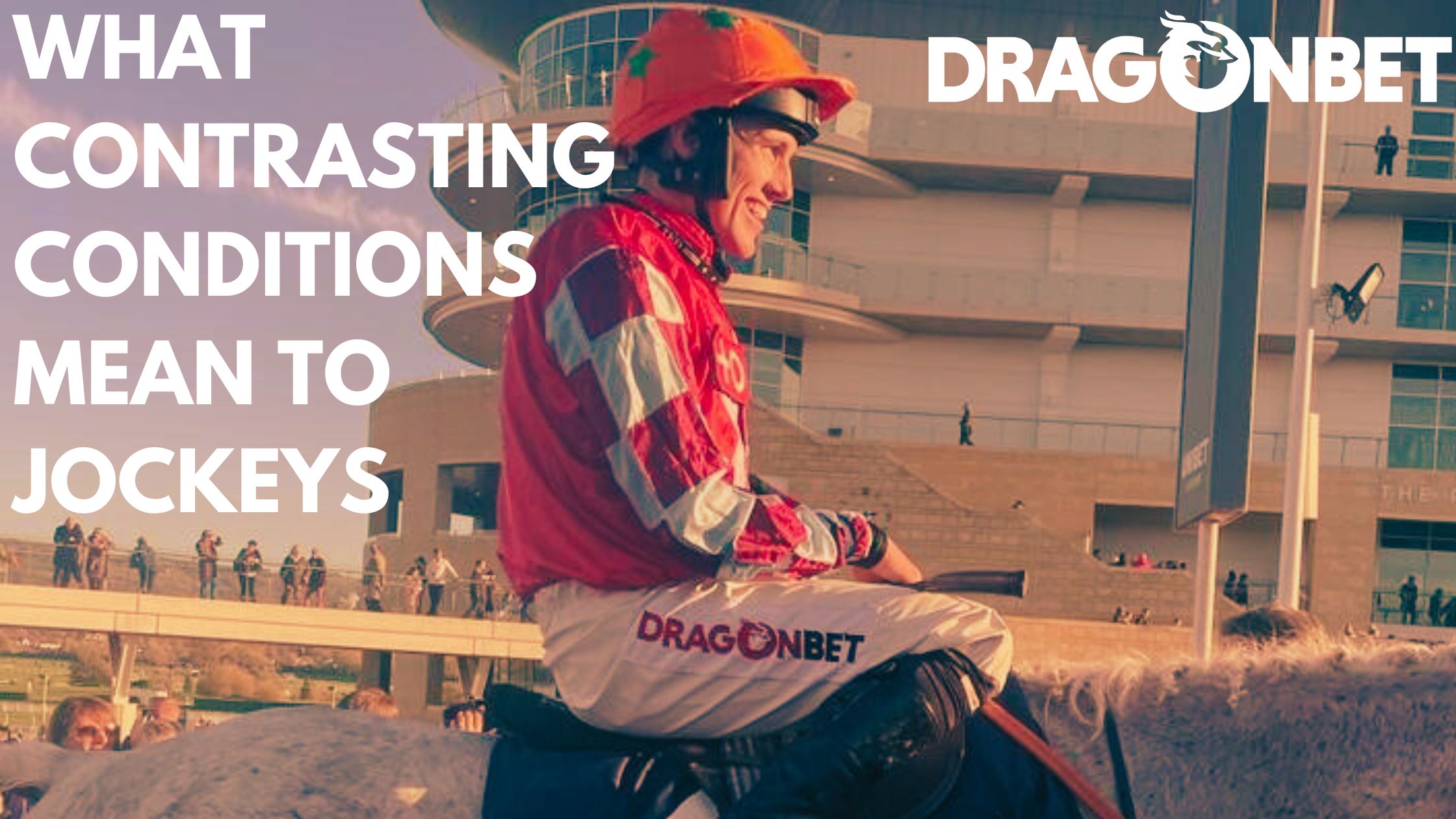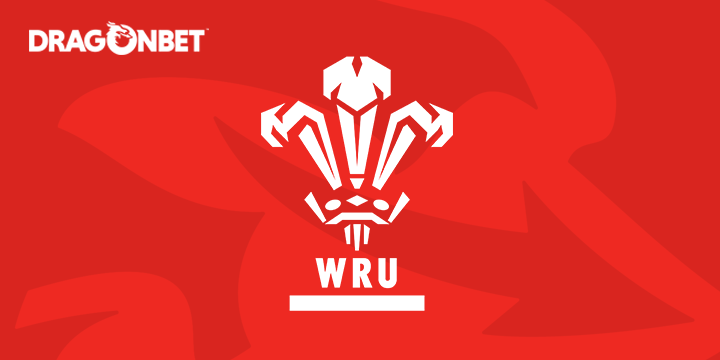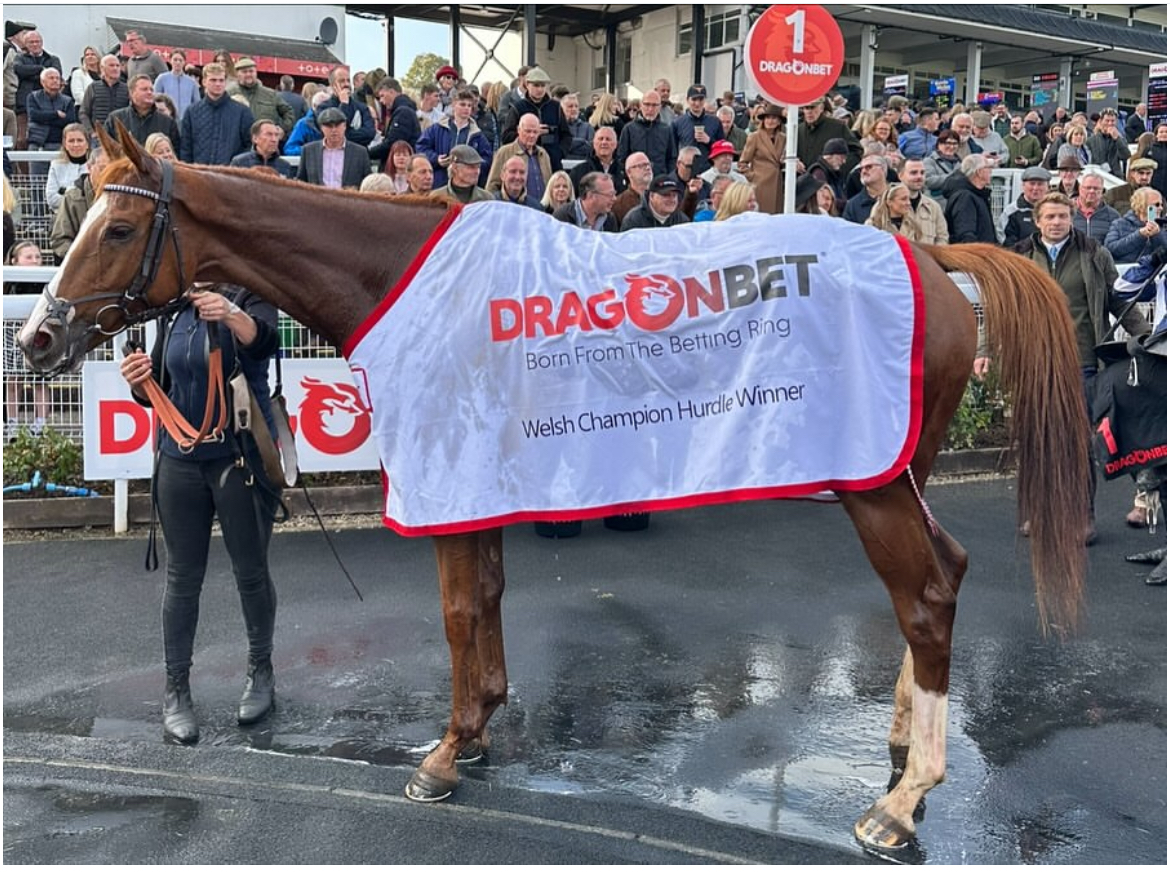Warren Gatland has admitted he’s not used to being a Six Nations loser and he aims to stop being one in Rome on Saturday.
The Wales coach used to deal in Grand Slams, Triple Crowns and Championship titles in his first spell in charge and if he didn’t bag one of those, at least he wouldn’t be found at the bottom of the pile.
But if Wales lose to Italy in round four of the tournament, then Gatland will be looking at a potential first Wooden Spoon prior to the final game against France in Paris.
That is not the impact the Welsh Rugby Union were looking for when they hired Gatland for a second spell in what now looks a desperate gamble after they opted to ditch Wayne Pivac.
The omens for a Gatland turnaround are there, but you have to look in the right places.
There were signs of some progress in the defeat to England, but only as a defensive unit and Wales have still only managed three tries in the whole tournament – half of Italy’s total of six.
The only real comfort for Wales fans is based on history. Wales have not lost in Rome for 16 years.
“We have been disappointed with the results so far, and for me it is hard to take as it is the first time I have lost three games in the Six Nations with Wales, said Gatland.
“It is about trying to get a handle on where we are, and we have still got a lot of work to do.
“We have got some young players who are pretty exciting and need a bit of time.
“For a number of players it could be their last year in a Welsh jersey as well, so there will be that sort of transition going forward.
“We are not quite where we want to be in terms of that process, but I can tell we are working hard.
“One of the things I’ve always said is you cannot coach experience. Sometimes, young players make mistakes and you’ve got to allow them to do that.
“They learn from playing at the highest level and gain that knowledge from international rugby. That’s why for a number of them we have got to give them time in the middle.”
Gatland has made six changes for the Stadio Olimpico encounter, with full-back Liam Williams, wing Rio Dyer, scrum-half Rhys Webb, prop Wyn Jones, lock Dafydd Jenkins and flanker Jac Morgan called up.
Leigh Halfpenny (hamstring) and Dan Biggar (back) were not considered, while other players absent include lock Alun Wyn Jones and flanker Christ Tshiunza.
Webb makes a first Test start since October 2020, replacing Tomos Williams, and Dyer is preferred to Louis Rees-Zammit, who is joined on the bench by the likes of George North, Rhys Davies and Tommy Reffell.
One factor in Wales’ favour is that the Italians are without injured Toulouse star Ange Capuozzo.
It was the devastating pace and daring adventure that Capuozzo showed last year that enabled Italy to snatch a late victory.
Harlequins fly-half Tommaso Allan will play at full-back. He started Italy’s matches against France and England at 10 but was dropped to the bench when Paolo Garbisi became fit.
The other match on Saturday sees England host France where Owen Farrell did not fit the game plan required, according to head coach Steve Borthwick.
Farrell, who was named England captain by Borthwick has started all three Six Nations games this year to date, but has been dropped in favour of Harlequins playmaker Marcus Smith.
Both England and France are locked together on 10 points after identical records of two wins and one defeat so far.
The statistics, though, appear to favour the French. They have scored more tries and points and conceded fewer than England.
Ireland are still the only team able to win the Grand Slam after three victories, although they will be wary going to Murrayfield to face a Scotland side who could well have won last time out against France in Paris.
Johnny Sexton is among several big names expected to return to Ireland’s line-up. The 37-year-old fly-half is expected to come in for Ross Byrne, who started the 34-20 victory over Italy.
The Scots are without red card merchant Grant Gilchrist who was sent off in Paris and has been handed a three-week ban.
The Irish have a better defensive record than the Scots so far, but as an attacking threat there is not much between them.
Scotland have managed 12 tries to Ireland’s 13.
















